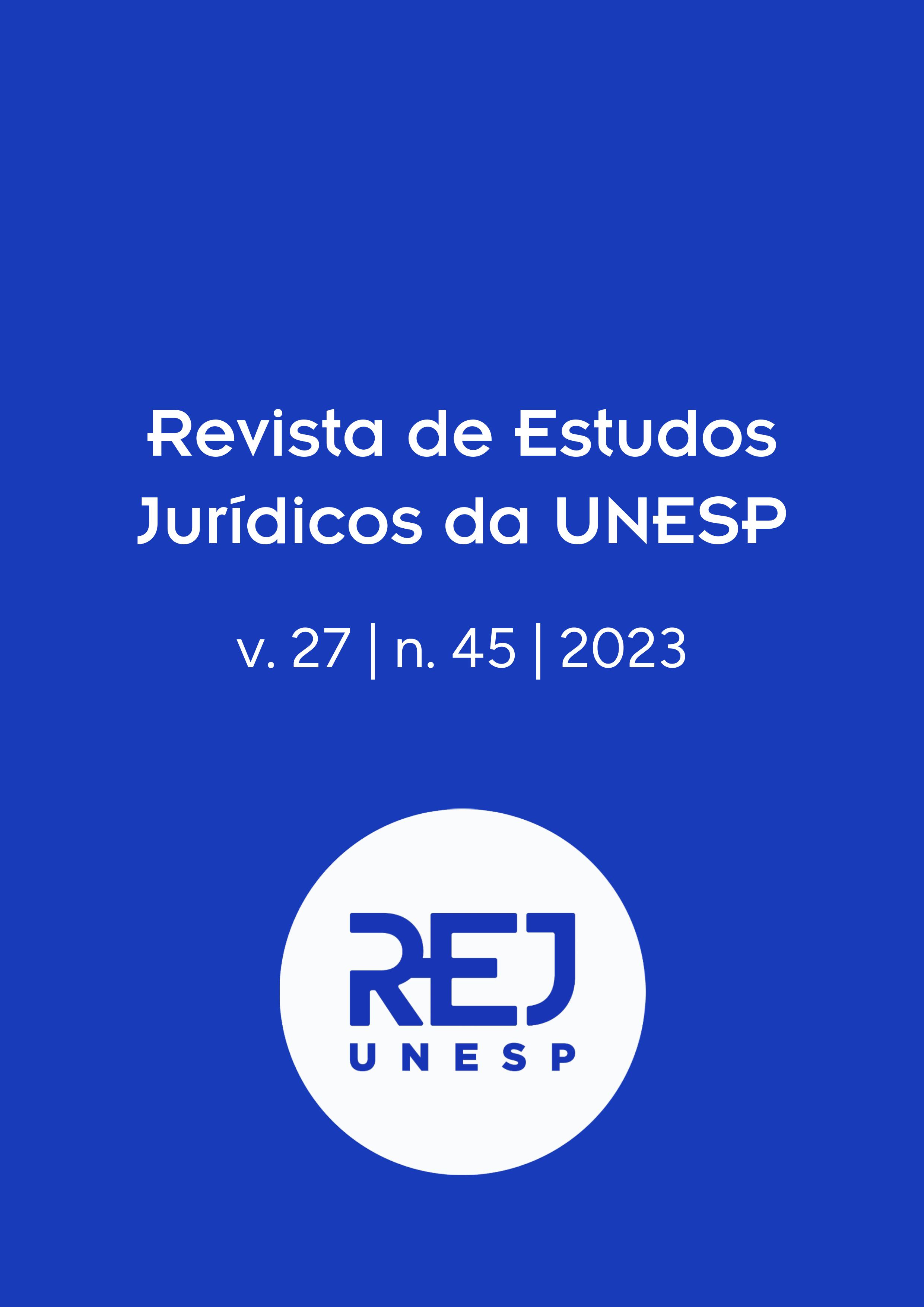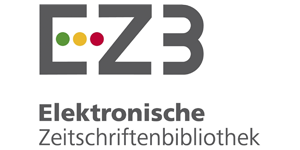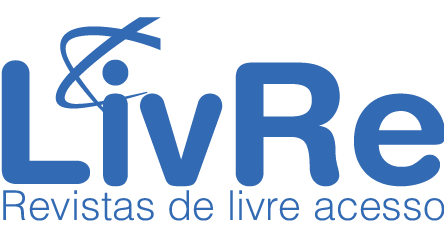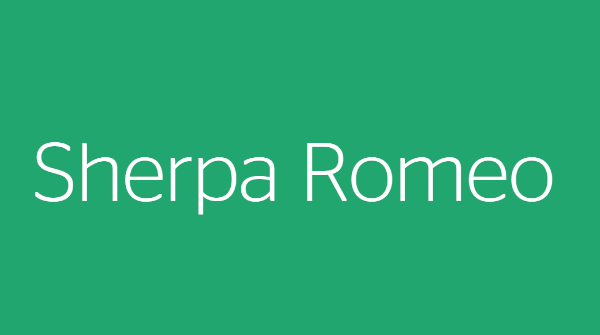A DESINFORMAÇÃO NAS PLATAFORMAS DIGITAIS E A “POLÍTICA DE INFORMAÇÕES ENGANOSAS SOBRE A COVID-19” DO TWITTER: DESAFIOS E PERSPECTIVAS DA MODERAÇÃO DE CONTEÚDO
DOI:
https://doi.org/10.22171/rejunesp.v27i45.3718Keywords:
Covid-19, Right to Information, Twitter, Virtual DisinformationAbstract
This present article objetives to verify which are the strategies adopted by Twitter to oppose misinformation on its platform, in the context of the Covid-19 pandemic. From the formulation of this problem, expressed by the dedutive approach method, this research departed of a broad situation, demonstrated by the virtual disinformation phenomenon, especially in the Covid-19 pandemic, going to to verify a specific case, that is demonstrated by “Twitter’s Covid-19 Misleading Information Policy”. Allied to this methodological reference, the present study used the procedure monographic method, combining bibliographic and documentary research techniques, because was analyzed the “Twitter’s Covid-19 Misleading Information Policy”, on the Twitter website, and the studies of specialists in the field of Digital Law and technology. Based on the study, it was concluded that Twitter prohibits the posting of false content about Covid-19 that could harm people and, as a form of sanction for non-compliance with the guidelines, the platform establishes certain categories of intervention measures to be applied to posts that violate its policy, like: the exclusion of the tweet; marking offending content; and blocking or permanently suspending the user’s Twitter account.
Downloads
References
AGRELA, Lucas. Como as redes sociais estão combatendo a desinformação sobre o coronavírus. Exame. [S.L.], p. 1-8. 30 mar. 2020. Disponível em: https://exame.com/tecnologia/como-as-redes-sociais-estao-combatendo-a-desinformacao-sobre-o-coronavirus/. Acesso em: 20 jul. 2021.
ALVES, Marco Antônio Sousa; MACIEL, Emanuella Ribeiro Halfeld. O fenômeno das fake news: definição, combate e contexto. Internet&Sociedade, [S. L.], 2020, n.1, v. 1, p. 144-171, fev. 2020. Disponível em: volume 1 ⁄ número 1 ⁄ fev 2020 - Internet & Sociedade (internetlab.org.br). Acesso em: 25 maio. 2021.
AVAAZ. Princípios Legislativos para Combater a Desinformação. [S.L.], p. 1-8. Maio 2019. Disponível em: https://secure.avaaz.org/campaign/po/disinfo_legislative_principles/. Acesso em: 25 maio. 2021.
BRASIL. Lei n. 12.965, de 23 de abril de 2014. Estabelece princípios, garantias, direitos e deveres para o uso da Internet no Brasil. Diário Oficial da União. Poder Legislativo, Brasília, DF, 24 abr. 2014. p. 1. Disponível em: http://www.planalto.gov.br/ccivil_03/_ato2011-2014/2014/lei/l12965.htm. Acesso em: 25 jul. 2021.
BRITES, Maria José; AMARAL, Inês; CATARINO, Fernando. A era das “fake news”: o digital storytelling como promotor do pensamento crítico. Journal of Digital Media & Interaction, [S.L.], 2018, n. 1, v. 1, p. 85-98, 2018, Disponível em: https://hdl.handle.net/1822/55530. Acesso em: 01 jul. 2021.
BUCCI, Eugênio. Pós-política e corrosão da verdade. Revista USP, [S. L.], 2018, n. 116, p. 19-30, 2018. Disponível em: https://www.revistas.usp.br/revusp/article/view/146574. Acesso em: 01 jul. 2021.
CASTELLS, Manuel. A galáxia da internet: reflexões sobre a internet, os negócios e a sociedade. Rio de Janeiro: Jorge Zahar, 2003.
CASTELLS, Manuel. O poder da comunicação. 1. ed. São Paulo/Rio de Janeiro: Paz e Terra, 2015.
COMM, Joel. O poder do Twitter: estratégias para dominar seu mercado e atingir seus objetivos com um tweet por vez. São Paulo: Editora Genta, 2009.
DEODATO, Paulo Gerson Olinto; SOUSA, Ana. Fake news e o processo de impeachment de Dilma Rousseff: uma análise de notícias falsas publicadas pelo site “Pensa Brasil”. Temática, [S. L.], 2018, n. 11, v. 14, p. 109-124, nov. 2018. Disponível em: https://doi.org/10.22478/ufpb.1807-8931.2018v14n11.42954. Acesso em: 01 jul. 2021.
INTERNETLAB. Falando sobre ataques online e trolls: um guia para jornalistas e criadores de conteúdo na internet. [S.L.], p. 1-30. 2021. Disponível em: https://www.internetlab.org.br/wp-content/uploads/2021/06/guia_trolls_paginasimples_12062021_ok.pdf. Acesso em: 10 ago. 2021.
LÉVY, Pierre. Ciberdemocracia. Lisboa: Instituto Piaget, 2002.
MANJOO, Farhad. True Enough: Learning to live in a post-fact society. John Wiley & Sons: New Jersey, 2008.
O BRASIL está sofrendo uma infodemia de Covid-19. Avaaz. [S.L.], p. 1-14. 04 maio 2020. Disponível em: https://secure.avaaz.org/campaign/po/brasil_infodemia_coronavirus/. Acesso em: 25 maio. 2021.
OMS considera coronavírus ‘maior crise sanitária mundial da nossa época’. Uol. São Paulo. 16 mar. 2020. Disponível em: https://noticias.uol.com.br/ultimasnoticias/afp/2020/03/16/oms-considera-coronavirus-maior-crise-sanitaria-mundial-da-nossaepoca.htm. Acesso em: 25 jul. 2021.
ORGANIZAÇÃO PAN-AMERICANA DA SAÚDE. Entenda a infodemia e a desinformação na luta contra a COVID-19. [S.L.], p. 1-5. 2020. Disponível em: https://iris.paho.org/bitstream/handle/10665.2/52054/Factsheet-Infodemic_por.pdf?sequence=14. Acesso em: 25 maio. 2021.
PARISER, Eli. O filtro invisível: o que a internet está escondendo de você. Rio de Janeiro: Zahar, 2012.
POLÍTICA de informações enganosas sobre a COVID-19. Twitter. [S.L.] 2021. Disponível em: https://help.twitter.com/pt/rules-and-policies/medical-misinformation-policy. Acesso em: 25 jul. 2021.
RIBEIRO; Márcio Moretto; ORTELLADO, Pablo. O que são e como lidar com as notícias falsas. SUR - Revista Internacional de Direitos Humanos, [S. L.], 2018, n.27, v. 15, p. 71-83, 2018. Disponível em: sur-27-portugues-marcio-moretto-ribeiro-pablo-ortellado.pdf (conectas.org). Acesso em: 01 jul. 2021.
RODRIGUES, Gustavo; KURTZ, Lahis. Transparência sobre moderação de conteúdo em políticas de comunidade. Belo Horizonte: Instituto de Referência em Internet e Sociedade, 2020. Disponível em: https://irisbh.com.br/publicacoes/transparencia-sobre-moderacao-de-conteudo-em-politicas-de-comunidade/. Acesso em: 25 maio. 2021.
SCHREIBER, Anderson. Art. 5º, IX. In: MORAES, Alexandre de et al. Constituição Federal Comentada. Rio de Janeiro: Forense, 2018. p. 64- 66.
SPINELLI, Egle Muller; SANTOS, Jéssica de Almeida. Jornalismo na era da pós-verdade: Fact-checking como ferramenta de combate às fake news. Revista Observatório, [S. L.], 2018, v. 4, n. 3, p. 759-782, 29 abr. 2018. Disponível em: https://sistemas.uft.edu.br/periodicos/index.php/observatorio/article/view/4629. Acesso em: 01 jul. 2021.
STRUCK, Jean-Philip. Com tuítes apagados, Bolsonaro se junta a Maduro e aiatolá do Irã. Uol. [S.L]. 23 mar. 2020. Disponível em: https://noticias.uol.com.br/ultimas-noticias/deutschewelle/2020/03/30/com-tuites-apagados-bolsonaro-se-junta-a-maduro-e-aiatola-do-ira.htm?cmpid=copiaecola. Acesso em: 25 jul. 2021.
TARDÁGUILA, Cristina. #SilêncioEstratégico: um forte antídoto para Venturinis e Sikêras Jr. Uol. [S.L]. 2021. Disponível em: https://noticias.uol.com.br/colunas/cristina-tardaguila/2021/06/29/venturini-sikera-covid-homofobia-silencio-estrategico.htm. Acesso em: 20 jul. 2021.
TEFFÉ, Chiara Spadaccini de. Fake news: como proteger a liberdade de expressão e inibir notícias falsas? ITS Rio. [S.L]. 19 mar. 2018. Disponível em: https://feed.itsrio.org/fake-newscomo-proteger-a-liberdade-deexpress%C3%A3o-e-inibir-not%C3%ADcias-falsas8058aedd9f5c. Acesso em: 25 maio. 2021.
TIC DOMICÍLIOS. Pesquisa Sobre o Uso das Tecnologias de Informação e Comunicação nos Domicílios Brasileiros. São Paulo: Comitê Gestor da Internet no Brasil, 2019. Disponível em: https://www.cetic.br/pesquisa/domicilios/publicacoes/. Acesso em: 25 maio. 2021.
TWITTER põe alerta em post de Bolsonaro sobre tratamento precoce da covid. Uol. [S.L]. 15 jan. 2021. Disponível em: https://www.uol.com.br/tilt/noticias/redacao/2021/01/15/twitter-poe-alerta-em-post-de-bolsonaro-sobre-tratamento-precoce-da-covid.htm. Acesso em: 25 maio. 2021.
WARDLE, Claire. First Draft's essential guide to understanding information disorder. First Draft. [S.L]. Out. 2019a. Disponível em: https://firstdraftnews.org/wp-content/uploads/2019/10/Information_Disorder_Digital_AW.pdf?x76701. Acesso em: 25 jul. 2020.
WARDLE, Claire. Information disorder: ‘The techniques we saw in 2016 have evolved’. First Draft. [S.L]. 21 out. 2019b. Disponível em: https://firstdraftnews.org/latest/information-disorder-thetechniques-we-saw-in2016-have-evolved/. Acesso em: 25 maio. 2021.
Downloads
Published
How to Cite
Issue
Section
License
Copyright (c) 2023 Revista de Estudos Jurídicos UNESP

This work is licensed under a Creative Commons Attribution 4.0 International License.

























